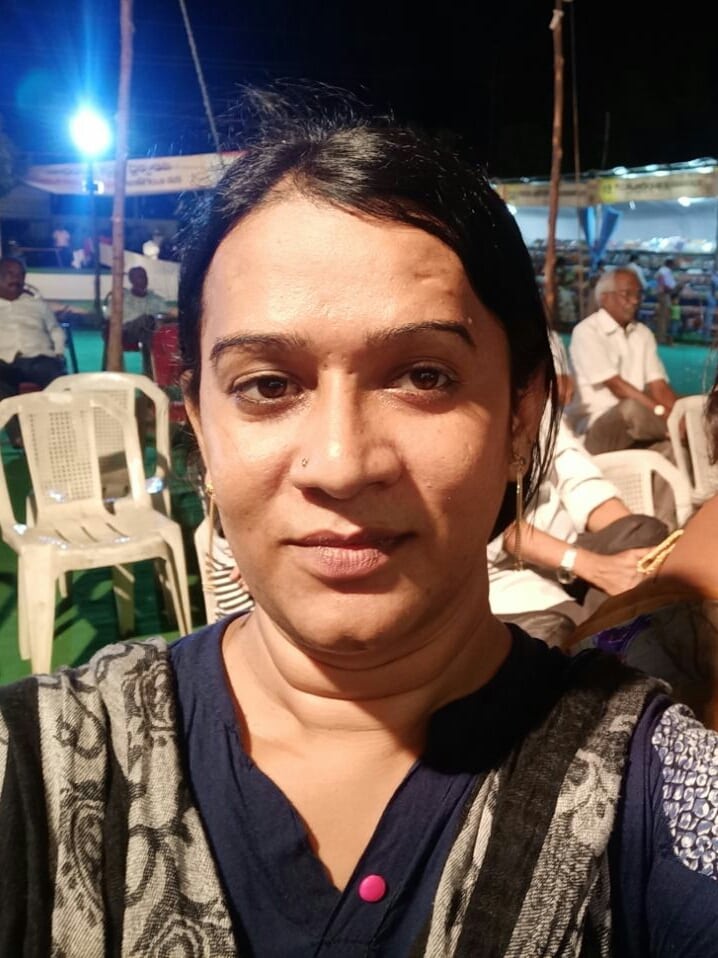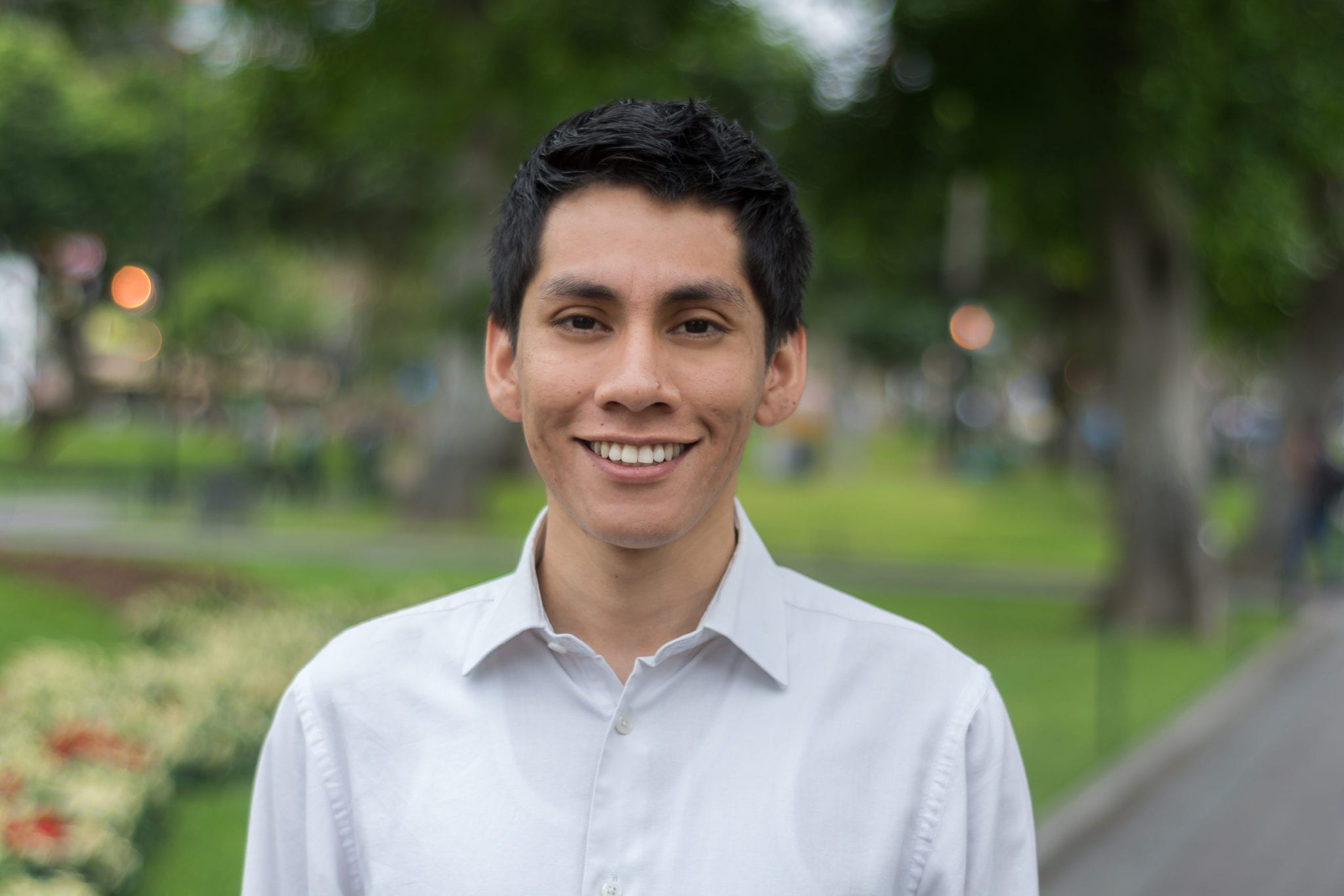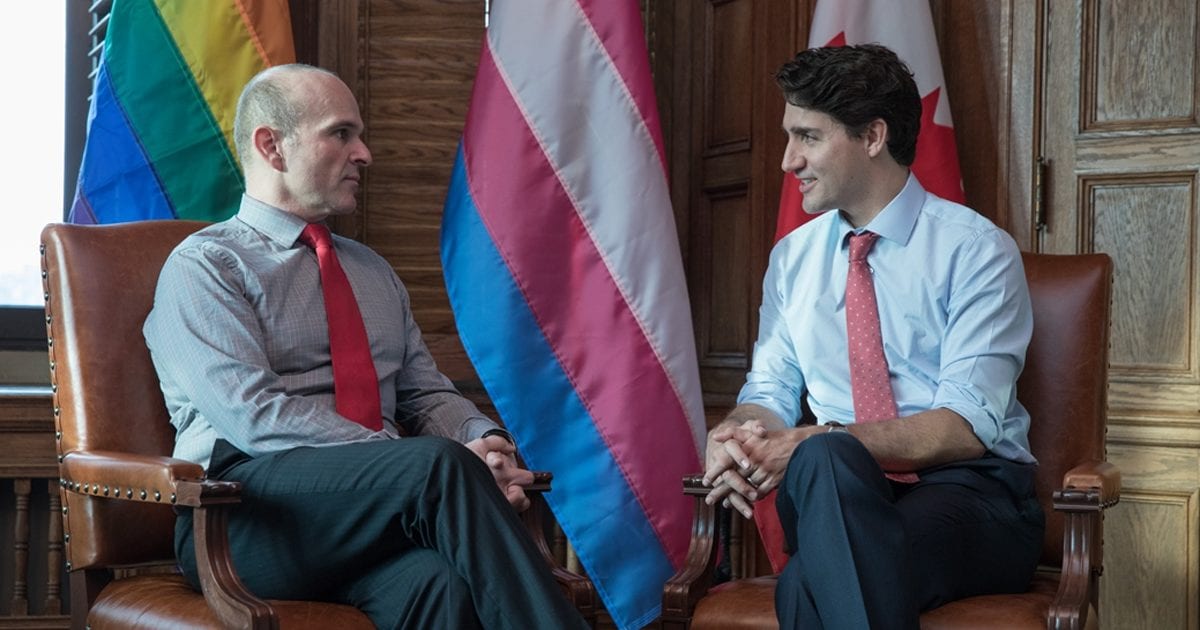
Kommuri Priyanka was recently appointed to the Lok Adalat, a lower court, the first transgender person to hold such a position in India. This is an important gain in a country where LGBTQI people are not guaranteed many of the same rights but which has a long tradition of third gender and non-binary identities.
Priyanka is one of the three individuals participating in the Political Leadership Fellowship for Sexual Minorities, chosen from those who completed the Political Leadership Academy. Both programs are possible via cooperation between the LGBTQ Victory Institute in the United States and Solidarity Foundation in India. These programs allowed Priyanka to gain skills typical of a good leaderVictory Institute and Solidarity have helped her become a representative not only of LGBTQI people, but of her wider community.
Priyanka works with the ruling party of the state, Telugu Desam Party, and has been invited to many meetings of women in the party. She is also active in other community efforts, such as organizing environmental clean-up drives. Her and other LGBTQI people in the area organized a “drinking watershed,” allowing for community members to have access to clean drinking water. She recently helped 25 transgender folks acquire gender certificates from the local hospital, in addition to helping them secure their pensions from the Woman Development Corporation. Another example of Priyanka’s activism is her help in getting legal support for a trans woman forced to sue another trans woman, due to transphobic laws and ideas that purport transgender people as kidnappers of others for “conversion” into trans people.
Priyanka has been appointed to a seat on a Lok Adalat bench in the state of Andhra Pradesh, located in the southern part of the country. Her position is part of a system of dispute redressals that are alternative to filing litigation. This system is given statutory status and its rulings are binding, although someone may choose to file litigation after the fact. The court is a chance for people to settle things amicably, including when a case is pending before another court and they want it settled. Her position is referred to as “Member of the Lok Adalat” and not as a judge, as Indian Law does not see her or other members as judges; they are ‘conciliatory advisors,’ and cannot coerce anybody into following their advice.
Priyanka is an exemplary advocate and activist, and we at Victory Institute hope to see more of her work in the future. She is carrying out Victory’s mission of LGBTQ participation in government in a place where it is needed most.

